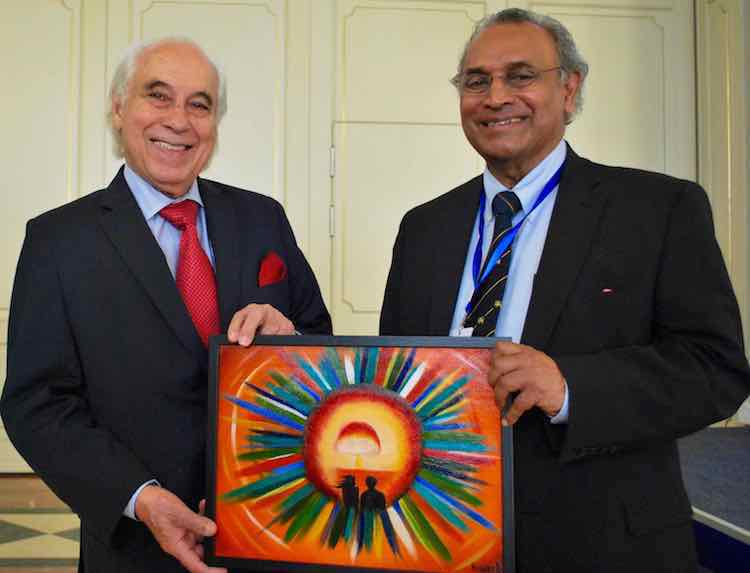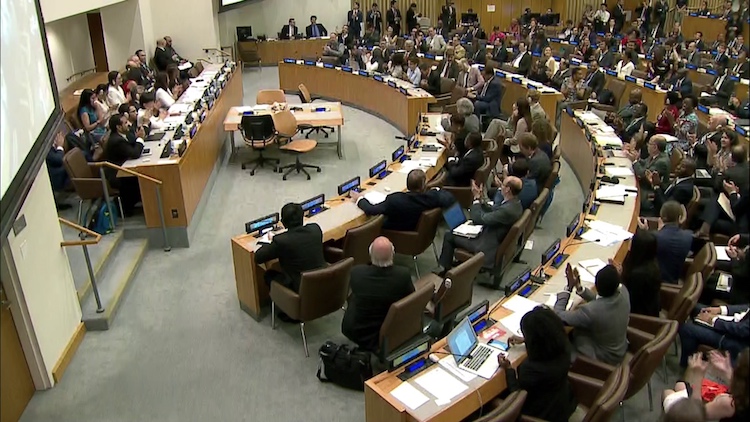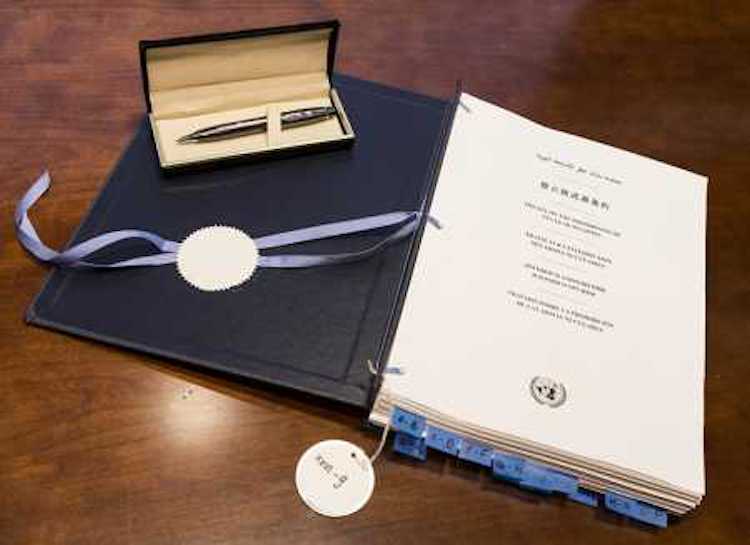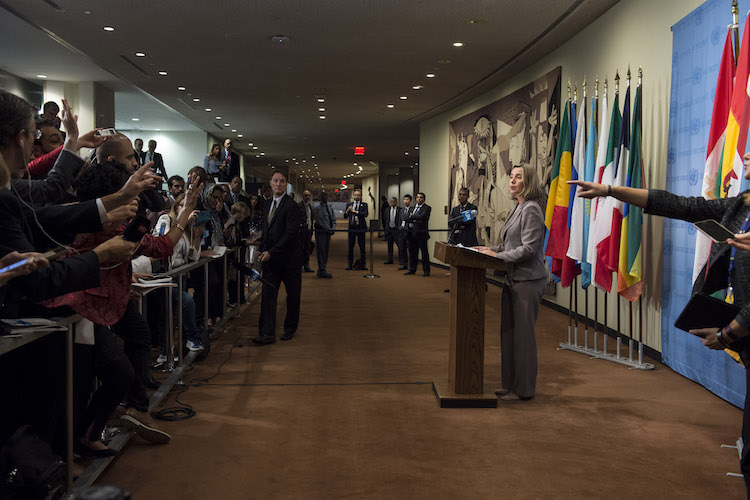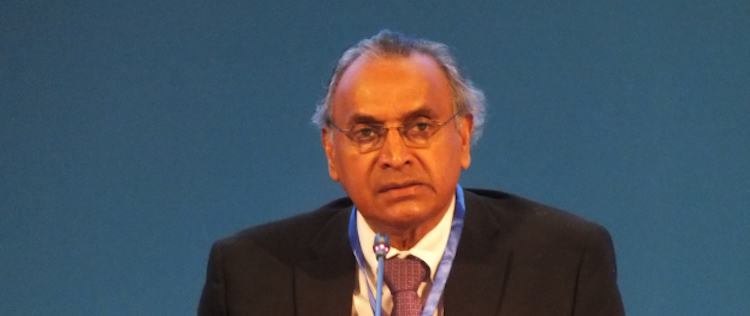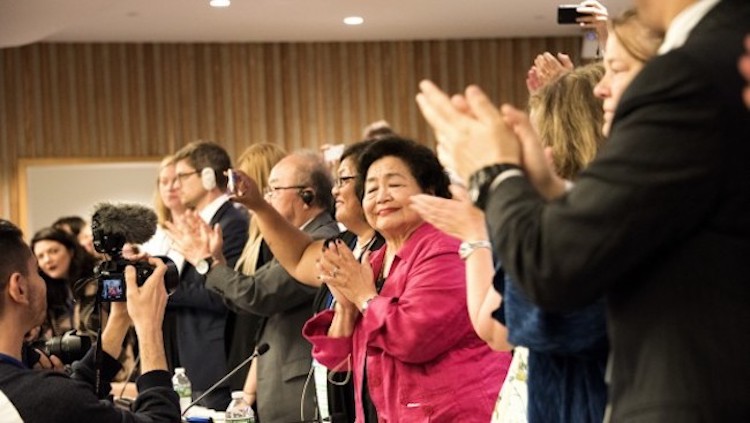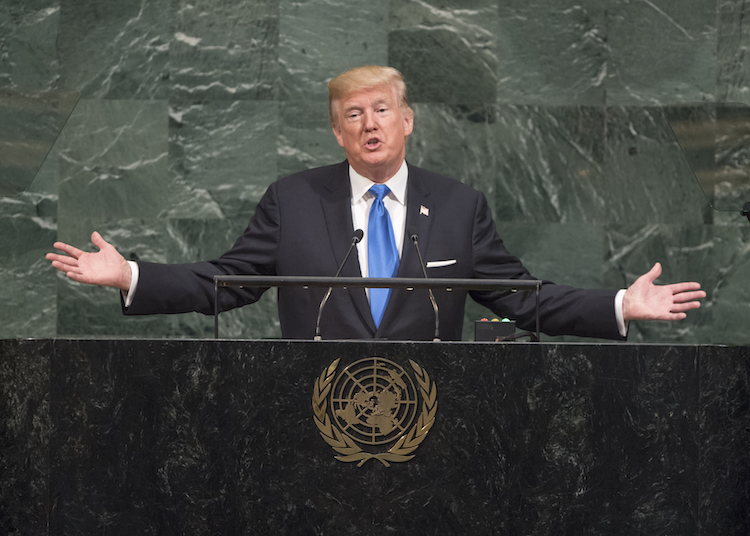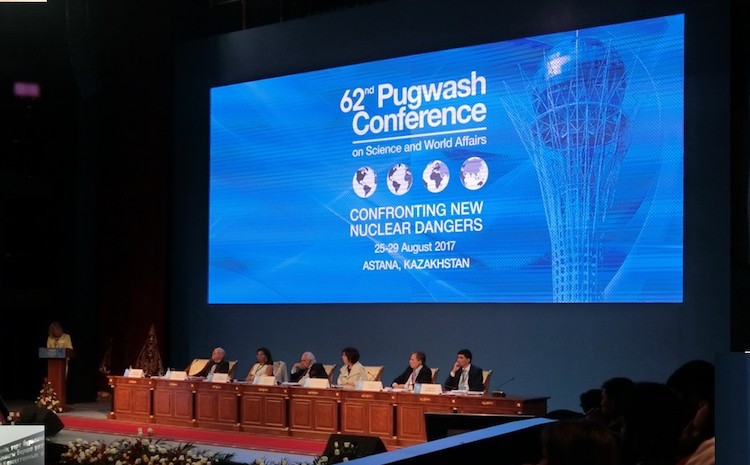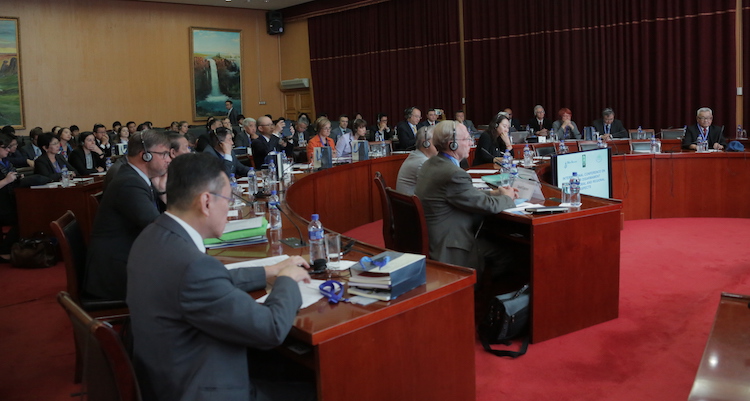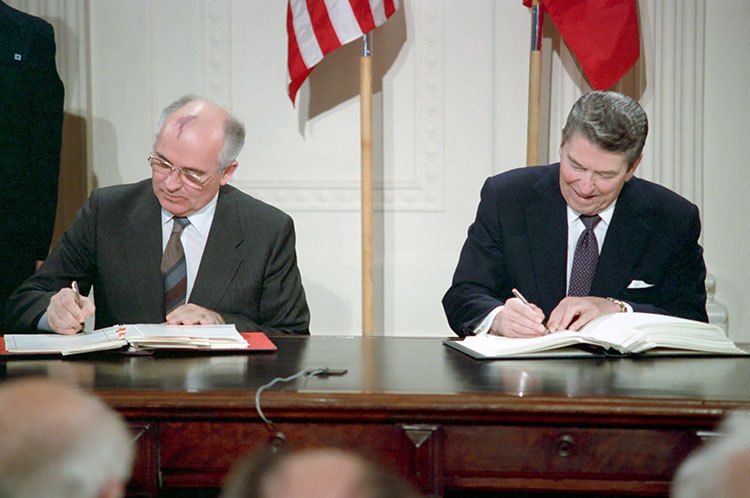By Sergio Duarte, President of Pugwash
NEW YORK (IDN) – For the third time since the creation of the Nobel Peace Prize a civil society organization dedicated to nuclear disarmament has received this prestigious honor. The 2017 Prize has been awarded to the International Campaign to Abolish Nuclear Weapons (ICAN), a coalition of non-governmental organizations in 101 countries launched in 2007. Before ICAN, International Physicians for the Prevention of Nuclear War (IPPNW) and Pugwash Conferences on Science and World Affairs also were recipients of the Prize, respectively in 1985 and in 1995 for their actions in favour of peace and nuclear disarmament.

